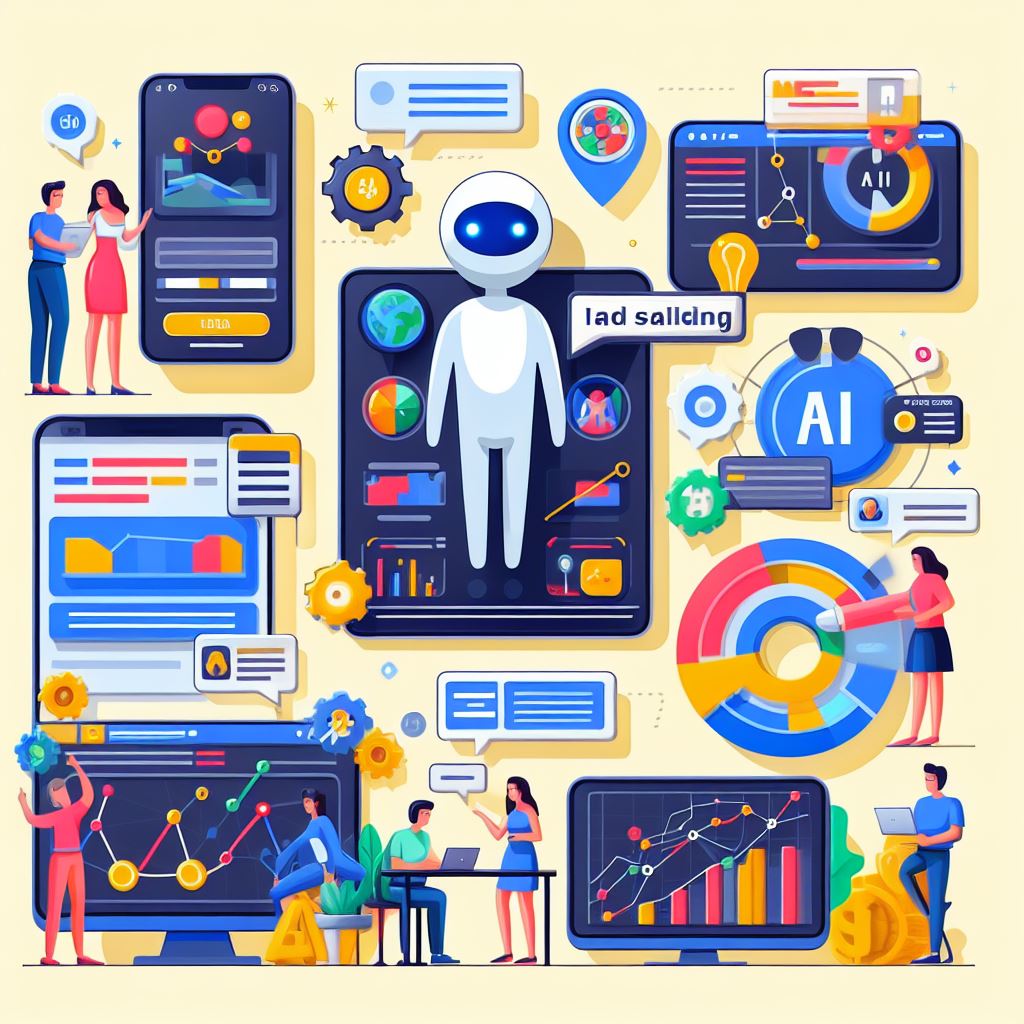Google, the world’s largest online advertising company, is reorganizing its Google’s ad sales unit as it implements artificial intelligence (AI) based tools for creating and suggesting ads. This move eliminates the need for specialized employees to sell ads for specific Google services, such as YouTube, Gmail, and Maps.
According to a report by The Wall Street Journal, Google is shifting its ad sales staff from product-focused teams to industry-focused teams. This means that instead of having separate teams for selling ads on YouTube, Gmail, and Maps, Google will have teams that cater to specific sectors, such as retail, travel, and health care.
The report cites an internal memo from Google’s chief business officer, Philipp Schindler, who said that the reorganization is aimed at “simplifying how we go to market and making it easier for our customers to work with us.” Schindler also said that the change will allow Google to “better leverage the full power of Google’s ad platforms and solutions.”
One of the main reasons for the reorganization is the increasing use of AI-based tools for creating and suggesting ads. Google has been developing and deploying various AI technologies, such as machine learning, natural language processing, and computer vision, to improve its ad products and services.
For example, Google has a tool called Smart Campaigns, which helps small businesses create and run online ads with minimal effort. The tool uses machine learning to automatically generate ad copy, images, and keywords based on the business’s website and goals. The tool also optimizes the ad performance and provides insights and recommendations.
Another example is Google’s Responsive Search Ads, which allows advertisers to create multiple headlines and descriptions for their ads. The tool then uses machine learning to test combinations and show potential customers the most relevant and effective ads.
By using AI-based tools, Google can reduce the need for human intervention and expertise in creating and selling ads. This also means that Google can offer more consistent and personalized ad experiences across its various platforms and services.
The reorganization of Google’s ad sales unit is expected to be completed by the end of the year. The report says that Google does not plan to lay off any employees as a result of the change, but some roles and responsibilities may change. Google hopes that the reorganization will help it maintain its dominant position in the online advertising market, which is expected to grow by 18% this year, according to eMarketer.
However, the reorganization also poses some challenges and risks for Google. For instance, some advertisers may prefer to work with product-specific teams, rather than industry-specific teams, as they may have more expertise and familiarity with the platforms and services they use. Moreover, some employees may feel demotivated or dissatisfied with the change, as they may lose their sense of identity or autonomy within the company.
Additionally, Google may face more competition and scrutiny from other players in the online advertising industry, such as Facebook, Amazon, and Microsoft, as well as regulators and lawmakers, who may have concerns about Google’s market power and data privacy practices. Google may also have to deal with the ethical and social implications of using AI for advertising, such as the potential for bias, discrimination, manipulation, and misinformation.
Therefore, Google’s reorganization of its ad sales unit is a bold and strategic move that reflects its vision and ambition to leverage AI for advertising. However, it also comes with some trade-offs and challenges that Google will have to navigate and overcome in order to achieve its goals and satisfy its customers, employees, and stakeholders.


1 thought on “How AI is Transforming Google’s Ad Sales Business”